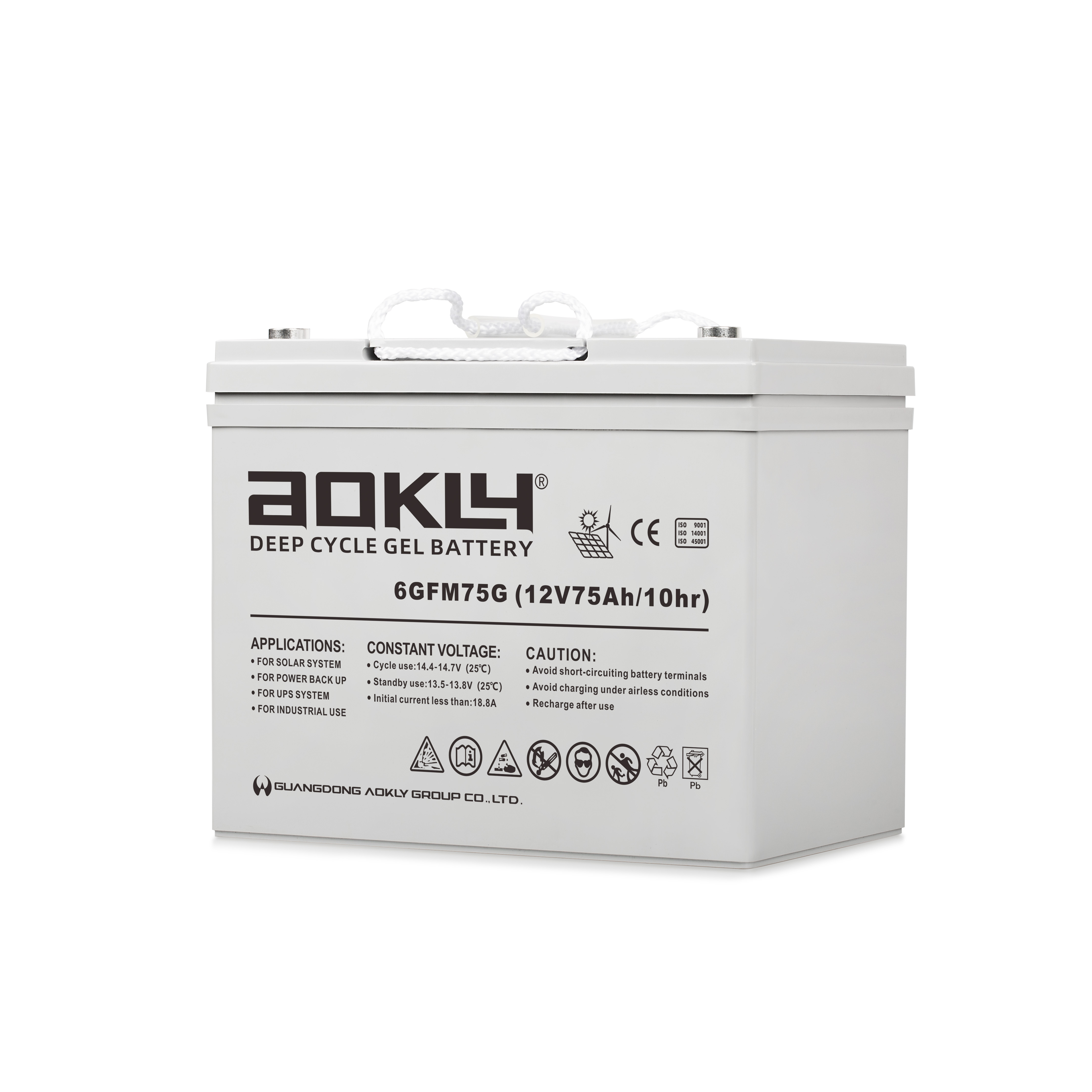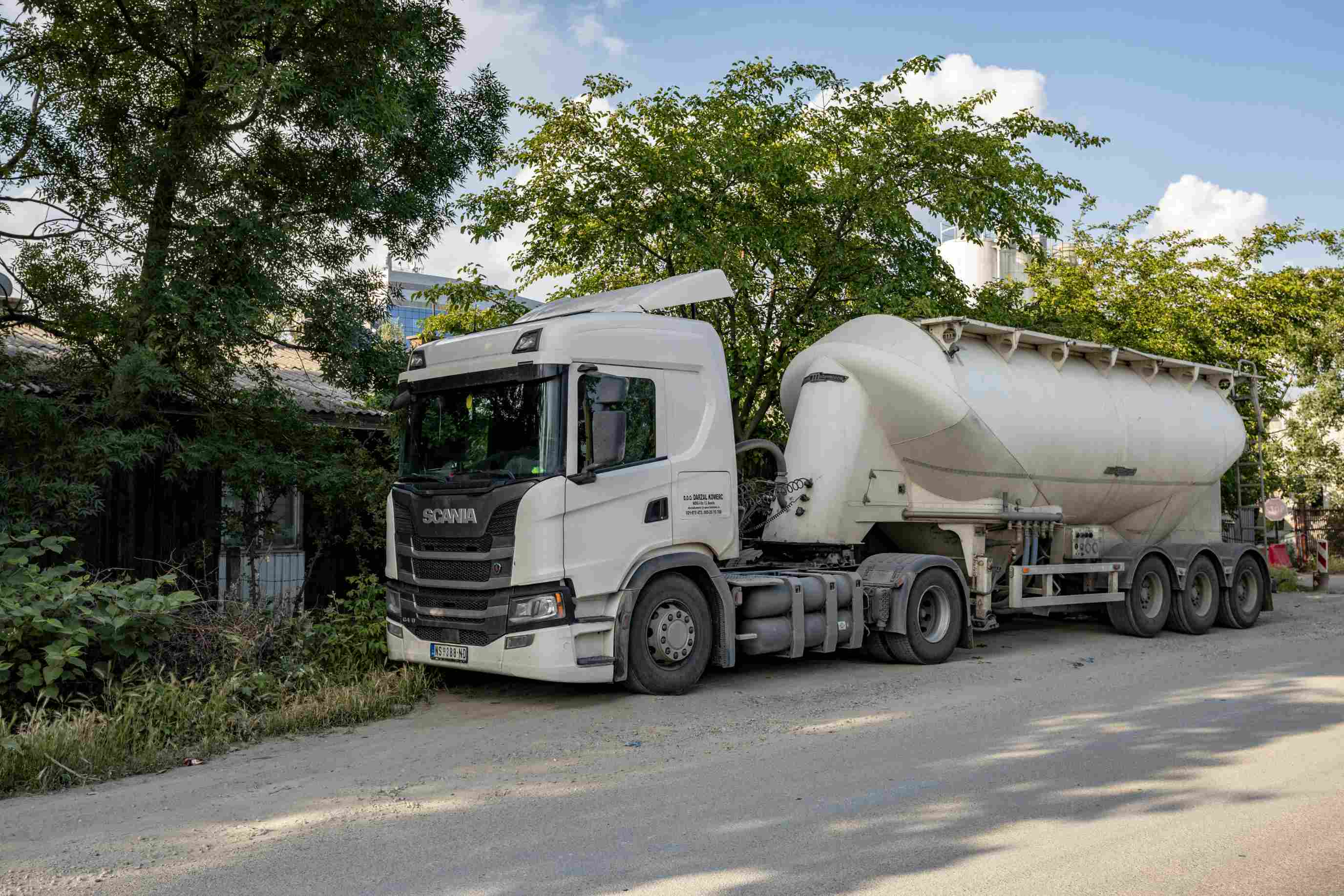Industrial battery supply is a critical component of modern manufacturing and heavy machinery operations. As industrial processes become increasingly reliant on automation and electric power, the choice of industrial batteries plays a pivotal role in ensuring an uninterrupted workflow. In this article, we explore the significance of industrial battery supply and delve into the emerging trends in this vital sector.
The Importance of Industrial Battery Supply
Industrial battery supply underpins the efficiency and productivity of a wide range of sectors, including manufacturing, warehousing, and construction. These industries rely on batteries to power essential equipment, such as forklifts, AGVs (Automated Guided Vehicles), and backup power systems. Without a reliable source of energy, these operations would come to a halt, resulting in significant financial losses and delays.
Emerging Trends in Industrial Battery Technology
In recent years, the industrial battery supply landscape has witnessed a profound transformation. Advancements in technology have led to the development of more efficient and environmentally friendly battery options. This section explores some of the latest trends in industrial battery technology, which are reshaping the industry.
Types of Industrial Batteries
When considering industrial battery supply, it's essential to be aware of the various battery types available. Each type offers unique characteristics that cater to different industrial needs.
A. Lead-Acid Batteries
Lead-acid batteries have long been the workhorses of industrial applications, particularly in heavy machinery like forklifts and scissor lifts. Their ability to provide high initial current makes them suitable for tasks that require sudden bursts of power.
Despite their historical prevalence, lead-acid batteries have not remained stagnant in terms of innovation. Recent advancements, including improved electrode materials and enhanced charging techniques, have extended their lifespan and overall performance.
B. Lithium-Ion Batteries
Lithium-ion batteries are becoming increasingly popular for material-handling equipment like forklifts and AGVs. Their lightweight design and high energy density offer extended runtimes, reducing downtime for recharging.
In addition to longer operational periods, lithium-ion batteries are known for their rapid charging capabilities and lack of maintenance, making them a cost-effective choice in the long run.

Aokly Industrial Battery Supply
C. Nickel-Based Batteries
Nickel-based batteries, such as nickel-cadmium (Ni-Cd) and nickel-metal-hydride (Ni-MH), are often employed in backup power systems for industrial facilities. Their ability to provide a stable energy supply during power outages is crucial for maintaining the continuity of critical processes.
While nickel-based batteries offer reliability, they do raise environmental concerns due to the presence of heavy metals. Proper disposal and recycling procedures are essential to mitigate these issues.
Factors Influencing Industrial Battery Selection
Selecting the right industrial battery for a specific application involves careful consideration of several critical factors.
A. Capacity and Power Requirements
Calculating energy Demands: Determining the energy needs of your industrial equipment is the first step in choosing the appropriate battery. Accurate calculations help avoid overloading or underutilizing the batteries.
Matching Battery Capacity to Workload: Selecting a battery with a capacity that aligns with the equipment's workload ensures optimal performance and longevity.
B. Operating Environment
Temperature and Climate Considerations: Industrial batteries operate in diverse environmental conditions. It's crucial to select batteries that can withstand extreme temperatures and adapt to the climate of the working environment.
Hazardous Locations and Safety Regulations: In some industrial settings, safety regulations require specialized batteries that are designed to operate safely in hazardous locations.
C. Total Cost of Ownership
Initial Investment vs. Long-Term Savings: While the upfront cost of industrial batteries is a significant consideration, it's essential to weigh it against the potential long-term savings that more efficient and durable batteries can provide.
Maintenance and Replacement Costs: Understanding the maintenance requirements and replacement schedules for different battery types is crucial for minimizing ongoing expenses and disruptions.
Conclusion
Industrial battery supply is a cornerstone of modern industrial operations. By understanding the various battery options, considering critical factors when choosing the right battery, and adopting sustainable practices, businesses can ensure reliable power sources that enhance efficiency while reducing their environmental footprint. Staying informed about emerging trends in industrial battery technology is crucial for maintaining a competitive edge in today's rapidly evolving industrial landscape.

 EN
EN 



